MAFIA, KGB, PUTIN AND TRUMP
photo story: INVISIBLE MEN

In 2001, the Trump Organization, the company led by U.S. presidential candidate Donald Trump, licensed its name to the Trump Tower Toronto.
The Russian secret service has a long history of funding terrorist and separatist groups and movements around the world through business companies and installing puppet regimes in other countries.
The Trump Tower Toronto is funded by the Russian-Canadian billonaire Alex Shnaider of Talon International Development Inc., who used $500 million of Midland Resources Holding Inc, an offshore company trading Ukrainian steel and operating office buildings and a casino in downtown Moscow.
Alex Shnaider, chairman of Talon International, co-owns Midland Resources Holding Inc. with his business partner of twenty years Eduard Shifrin, a Ukrainian billionaire.

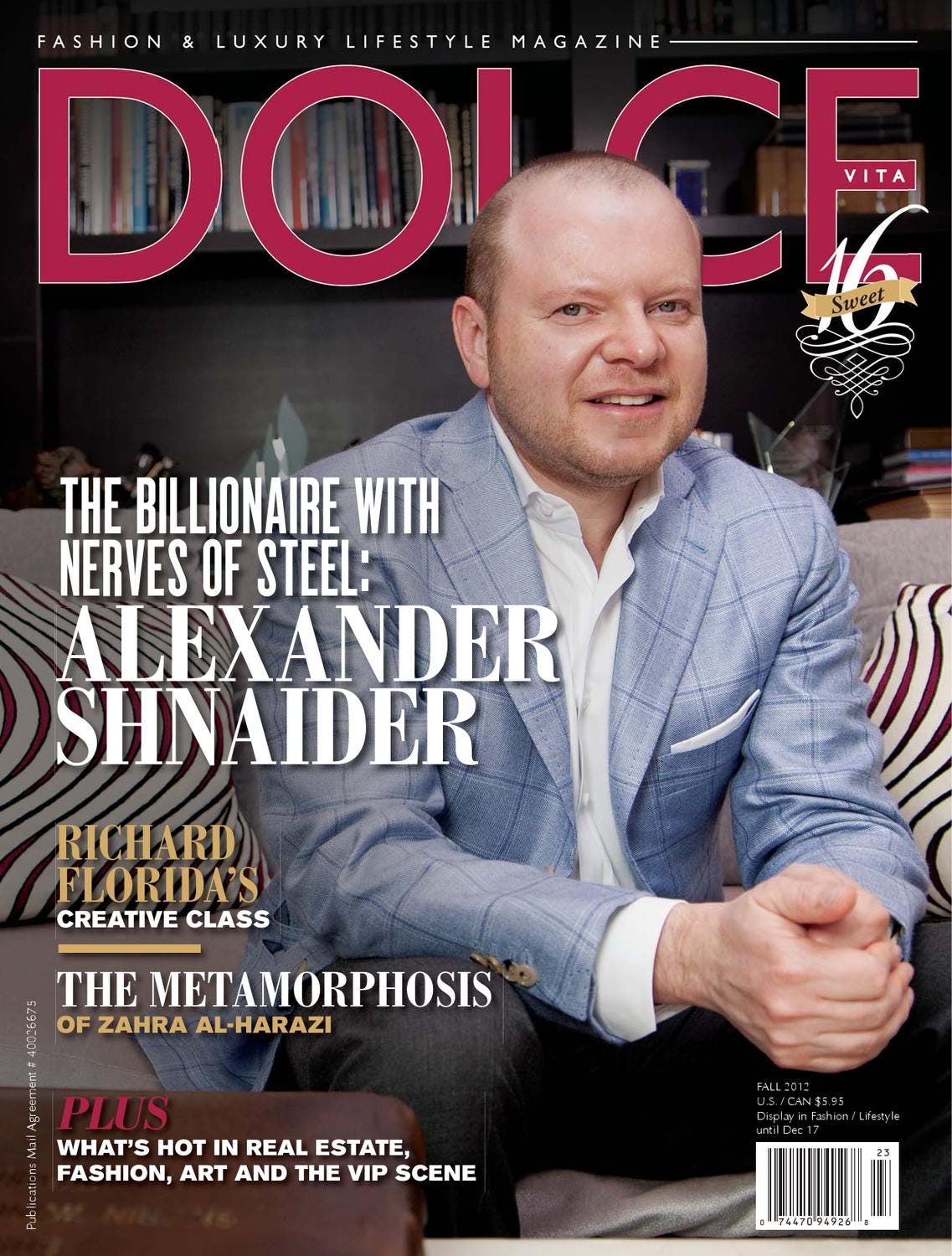
SHNAIDER, SHIFRIN, PUTIN
On October 26th, 2016, Eduard Shifrin, a Ukrainian citizen based in London, received Russian citizenship by the personal decree of Vladimir Putin.


In 2005, Shnaider spent $50 million to buy the Jordan Formula One. He renamed it to Midland F1 Racing and registered it as the first Russian Formula One team. The team was presented at a launch in Moscow’s Red Square. The Russian President Vladimir Putin on the guest list. “Putin will be there,” Shnaider told Forbes.

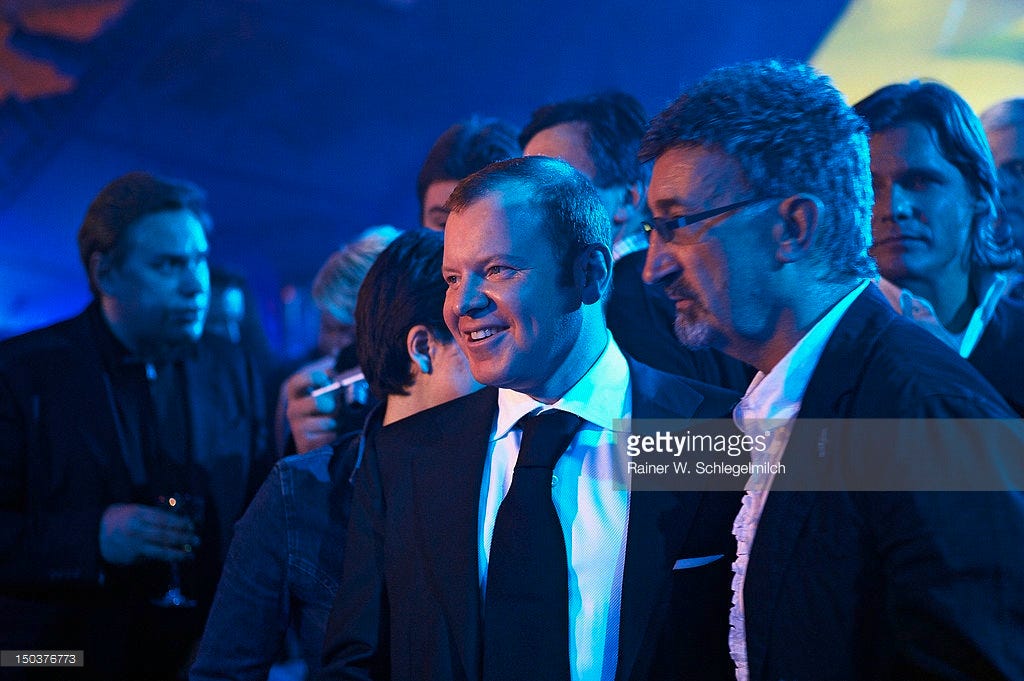


About a thousand people were flown to the party on Red Square, organized by the Kremlin state unitary enterprise, the head of the Kremlin supervisory service, Ministry of the Interior and similar state agencies. Shnaider’s co-owners were Alexander Radunsky and Boris Yeltsin, the grandson of the Russian president Boris Yeltsin. The Moscow Patriarch Alexey II (an alleged KGB agent and close connection of Putin) blessed the presentation so it became the second event on Red Square to be blessed by the Patriarch.


Russian newspaper Izvestia, owned by a vast holding company with close ties to the government, published an article covering the event, “Shnaider Promises to Sing the Russian Anthem.”

HISTORY OF MAFIA CONNECTIONS AND KGB TIES
Shnaider’s father-in-law, Boris Birshtein, and life-long business partner is allegedly a (double) agent of the KGB and Mossad.”



A Canadian, Swiss and Israeli citizen born in the USSR, Birshtein is a founder of Seabeco Group, a company known for theft and money laundering in Russia, Kirghistan, Moldova and Ukraine, its close connections with organized crime, assassinations, and political manipulations. Birshtein was accused of fraud and money-laundering in Russia, Canada, Belgium and Switzerland. FBI has linked Birshtein to organized crime.
Seabeco is known to be founded by the KGB as an international trading company in 1983 to smuggle the Communist Party’s hidden gold out of the USSR.
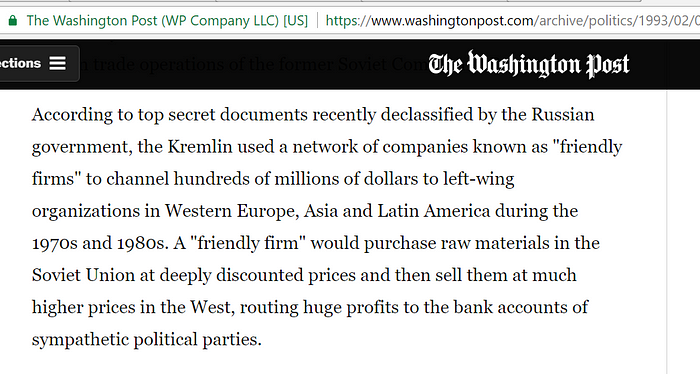
Seabeco used the old KGB script to transfer party property abroad: non-existing investors and shady offshore companies partnered with the Russian ventures. Seabeco network created by the order of the KGB chief Vladimir Kruchkov allowed to finance secret service projects and launder money.


In 1993 a big scandal around Seabeco shook Russia. Allegations included billions of laundered dollars, seven million tons of unaccounted oil export, corruption of major Russian politicians and secret Swiss accounts, as well as organized crime.
ORGANIZED CRIME
Seabeco’s co-owner and Birshtein’s partner Sergey Mikhailov is an alleged head of the Russian gang Solntsevo, the biggest and most powerful crime syndicate of the Russian mafia.
Birshtein and Mikhailov jointly controlled at least one company, MAB International, registered in Belgium, according to Swiss police. Birshtein was investigated by Antwerp police for suspected money-laundering. Mikhailov was arrested in Geneva in October 1996, charged and tried for alleged money-laundering and for being a member of an organised crime organisation but was acquitted in December 1998 for lack of evidence. He is said to be a personal friend of Putin’s and on his website claims to be awarded by the Russian president in person.




In 1996 the FBI reported that Birshtein hosted “a summit meeting of Russian organised crime figures” at his office in Tel Aviv from October 10–19, 1995.
In 2008, Birshtein collaborated with the FBI on Robert Levinson’s case, negotiating the conditions of the Russian billionaire and Putin’s close ally Oleg Deripaska’s entry into the US despite of the organized crime status. Levinson, a CIA spy who disappeared in Iran in 2007, was an expert on the Russian organized crime and had previous contacts with Birshtein.




PUPPET REGIMES AND POLITICAL MANIPULATION IN FOUR COUNTRIES
RUSSIA: KREMLIN, KGB AND OLIGARCHS
In 1993 Boris Yeltsin met Birshtein who was introduced to him as a KGB agent. He wrote about it in his book of memoirs.
Nikolay Kruchina, the Communist Party executive responsible for its assets, supervised Seabeco’s acitivity, according to the Russian media.
On August 28, 1991, Kruchina died as a result of falling out of the window of his apartment in Moscow. During the next three months 1,746 alleged suicides of party officials owning secret foreign bank accounts took place in the former USSR.
By 1992 Victor Barannikov, Director of the Federal Security Agency of the Russian Federation, supervised Seabeco.
In May 1994, the Committee on fighting the organized crime and corruption called Seabeco “an octopus entangling the Russian economy.”




MOLDOVA
In Moldova, a small impoverished republic on the periphery of the former Soviet Union, Birshtein’s joint venture was headed by the republican president’s son-in-law, according to the Financial Post (Toronto). The former Communist party hotel renamed to the Seabeco Hotel became the only hotel for western businessmen and visiting officials in the capital. The joint venture enjoyed various import-duty exemptions, and the rare right to set up casinos.




Birshtein, the Group Chairman at Supreme Economic Council under the President of Moldova, transferred control of Moldova’s largest commercial bank to Canada, using a network of Dublin-based companies. In return for propping up Eximbank’s capital base with more than $1 million in foreign currency, Birshtein was granted a special exception to the laws governing Moldovan banks, allowing him to move his shares to offshore companies. He also owned television and radio stations, three newspapers, a chain of duty-free shops and a long list of other businesses.
Birshtein claimed that in 1992 he flew his Seabeco associates, the Russian vice-president, Alexander Rutskoi and Barannikov, the Minister of Interior Affairs, in his private jet to the capital of Molodova to meet Snegur, the president of Moldova in order to settle an armed conflict over Moldova’s Russian-speaking enclave of Dnestr. Russian General Alexader Lebed was the commander of the Moldova-based army in charge of the conflict and met with Rutskoi to negotiate the plan.



In a month, the Russian President Boris Yeltsin and Moldovan president Snegur signed a peaceful agreement.

General Lebed later unsuccessfully ran for president in a 1996 campaign infamously stating that Russia could benefit from a military dictatorship and praising Pinochet.
In 1997 Lebed met Donald Trump.

All photos are all erased from the Internet but here are some notes of their conversation:


In 1998 Lebed became a governor and worked with Vladimir Putin. In April 2002 he “happened” to die in a helicopter crash.

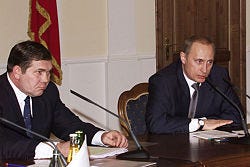
KIRGHISTAN
In 1991 Birshtein worked closely with Kirghistan’s president Askar Akaev, a co-founder of Siabeco-Kirgizstan, as the Chair of Committee for Reconstruction and Development. In 1992 Seabeco was at the center of the scandal of missing gold from Kirghistan’s reserve. Allegedly, Birshtein’s private jets transported tons of gold to Zurich, where it was stored in the vaults of UBS Union Bank of Switzerland. In 1994 the entire cabinet resigned over the allegations that the prime minister personally profited from a joint venture set up with Birshtein.
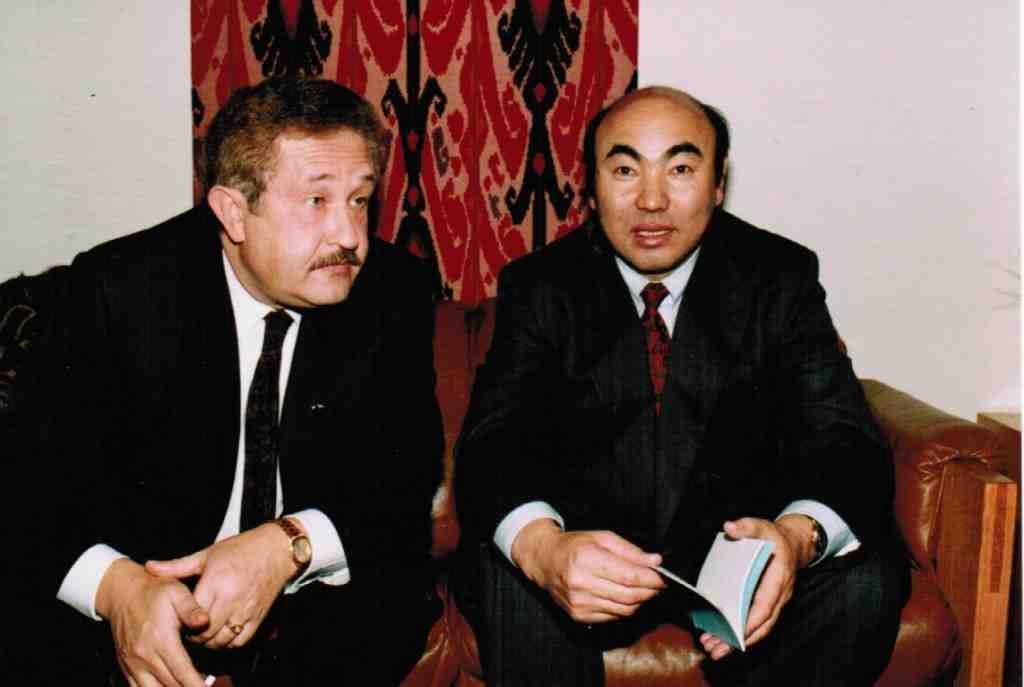

Akaev fled Kirghistan in 2005 after protesters stormed his presidential compound, accepted resignation and the invitation of Putin to stay in Russia. He currently resides in Moscow.
UKRAINE
In 1993 Seabeco acquired a 30% stake in Ukraina, an international trading-financial company which handled 15% of Ukraine’s metals exports. Shnaider, Shifrin and Birshtein controlled the Ukrainian fourth-largest steel mill, Zaporizhstal.


In 2010 anonymous Russian investors bought Zaporozhstal shares from Shnaider’s Midland. Vnesheconombank, a Russian state corporation, financed these investors and thus took control over the plant. Vnesheconombank is a former Soviet bank operating with no Russian banking license and is not subject to the law on banks and banking activities. Its supervisory board is chaired by Putin.

In Ukraine, Birshtein helped to finance presidential campaigns of Leonid Kuchma and Vladimir Yanukovich, Putin’s puppets. A Belgian investigation into Russian mafia money-laundering has discovered that he donated more than $3 million to Kuchma’s 1994 election campaign .




Later, a political scandal revealed that a close adviser of then-president Leonid Kuchma owned $15 million in foreign bank accounts, with $5 million coming from Seabeco or its associates.
IN CONCLUSION:
Do you want Donald Trump for president of the US?

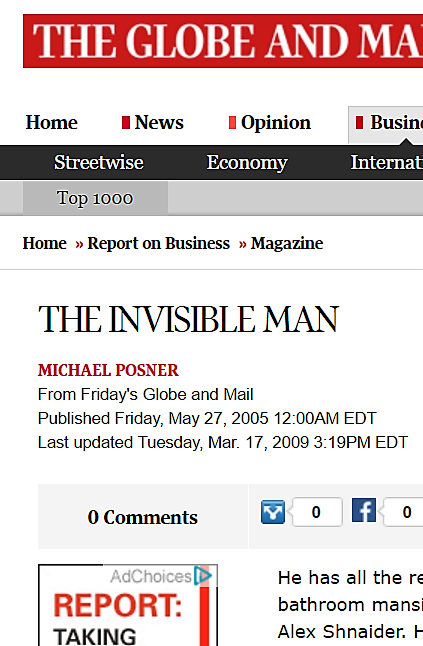
This segment is a chapter of CLUSTERCLICK, photo novella by Zarina Zabrisky. For THE TABLE OF CONTENTS or to switch to another chapter, click here. Read more fantastical stories about Russian mafia state and Trump in “Politics. Oligarchs. Mafia” chapter here:
*All facts and photos are in public domain and available through Google. Links to the original sources are included.
** Click and hold the clapping hands on the left bottom corner so more Medium users can read it. The longer you hold it, the more claps the article gets and more people will be able to find out this article. Share on the social media: we need independent research.
